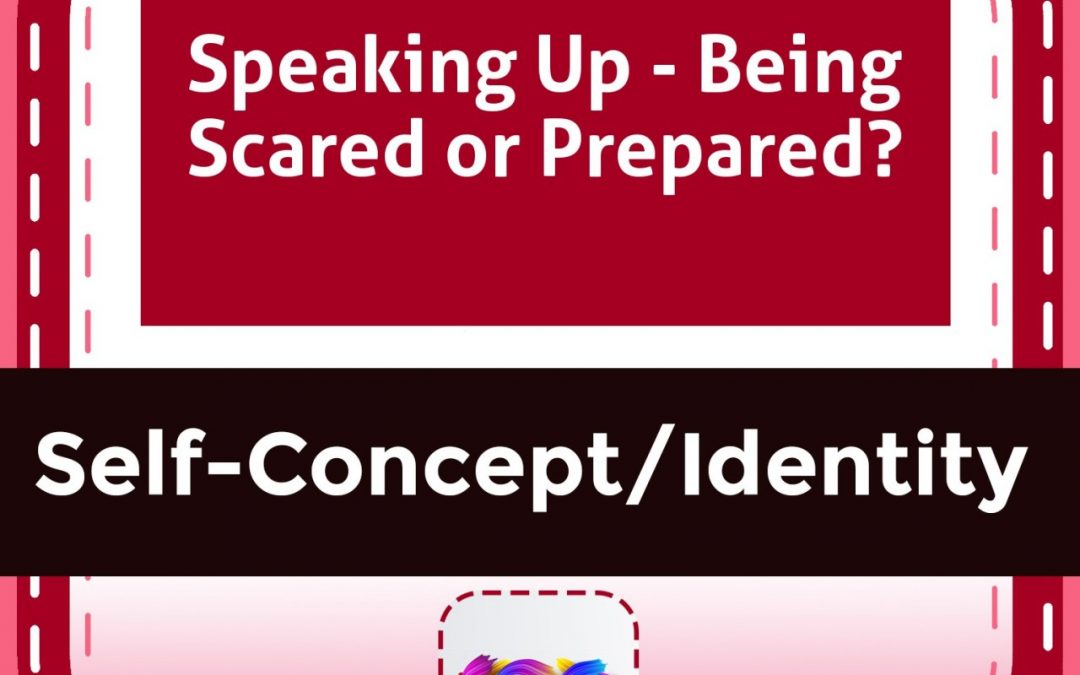Speaking Up and Being Scared, or Being Prepared? Is a packet of 4 instructional worksheets and a pretest/post-test. The student will explore why many people are afraid of public speaking and specific strategies to feel more confident. The activities pose different situations in which they get in touch with their feeling about the situations and apply the different strategies that would decrease negative feelings and increase self-confidence. Includes a page describing communication strategies that are not successful with a spot for student reflection.
- Amplification
- Assessment of Student Skills, Challenges, Needs
- Early Childhood: Infants, Toddlers, Preschool
- Hearing Loss – Identification, Impact and Next Steps
- Impact of Hearing Loss on Child Development and School Performance
- Describing the Impact of Hearing Loss to Parents/Teachers
- Hearing Loss – Identification and Next Steps
- Hearing Loss – Information on Specific Types
- What is “Normal” Hearing for Children?
- ANSD – Auditory Neuropathy/Dyssynchrony Spectrum Disorder
- Atresia, Microtia: Permanent Conductive Hearing Loss
- CMV (Cytomegalovirus) and Hearing Loss
- Ear Infections and Learning
- Cholesteatoma – What is it? How can it affect learning?
- Hearing Loss Caused By Noise
- Hyperacusis: Over-Sensitivity to Sound
- Mild Hearing Loss and Learning
- Unilateral Hearing Loss and Learning
- Deaf PLUS Additional Needs
- Language and Speech Development Issues
- Legal Issues in Serving Children with Hearing Loss
- Listening (Auditory Skills) Development
- Planning to Meet Student Needs
- Self-Advocacy Skills for Students with Hearing Loss
- Self-Concept: How the Child with Hearing Loss Sees Himself
- Social Skills
- Speech Perception & Learning
- Hearing Aid Retention for Young Children
- Hearing Aid Retention for Young Children

